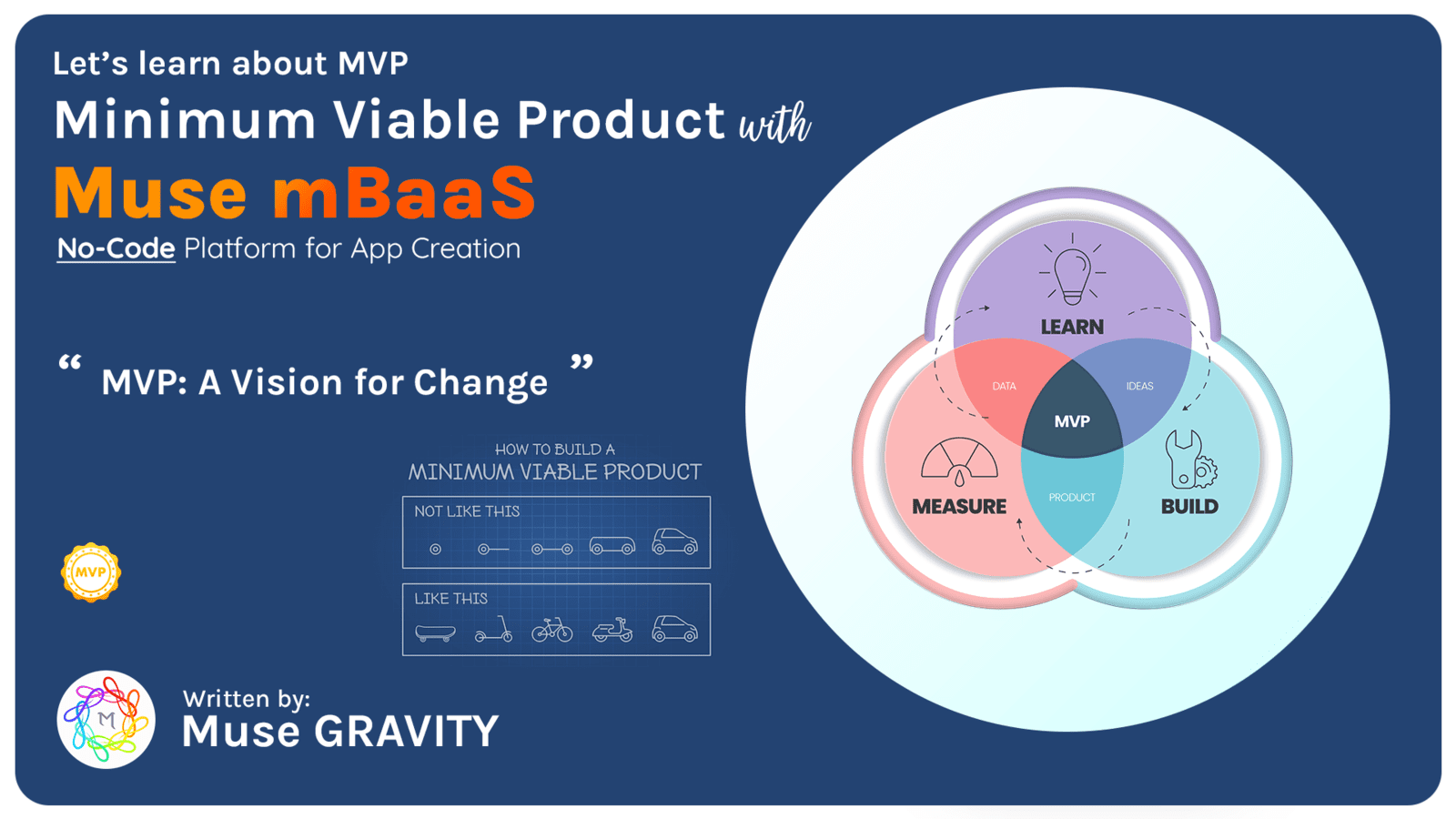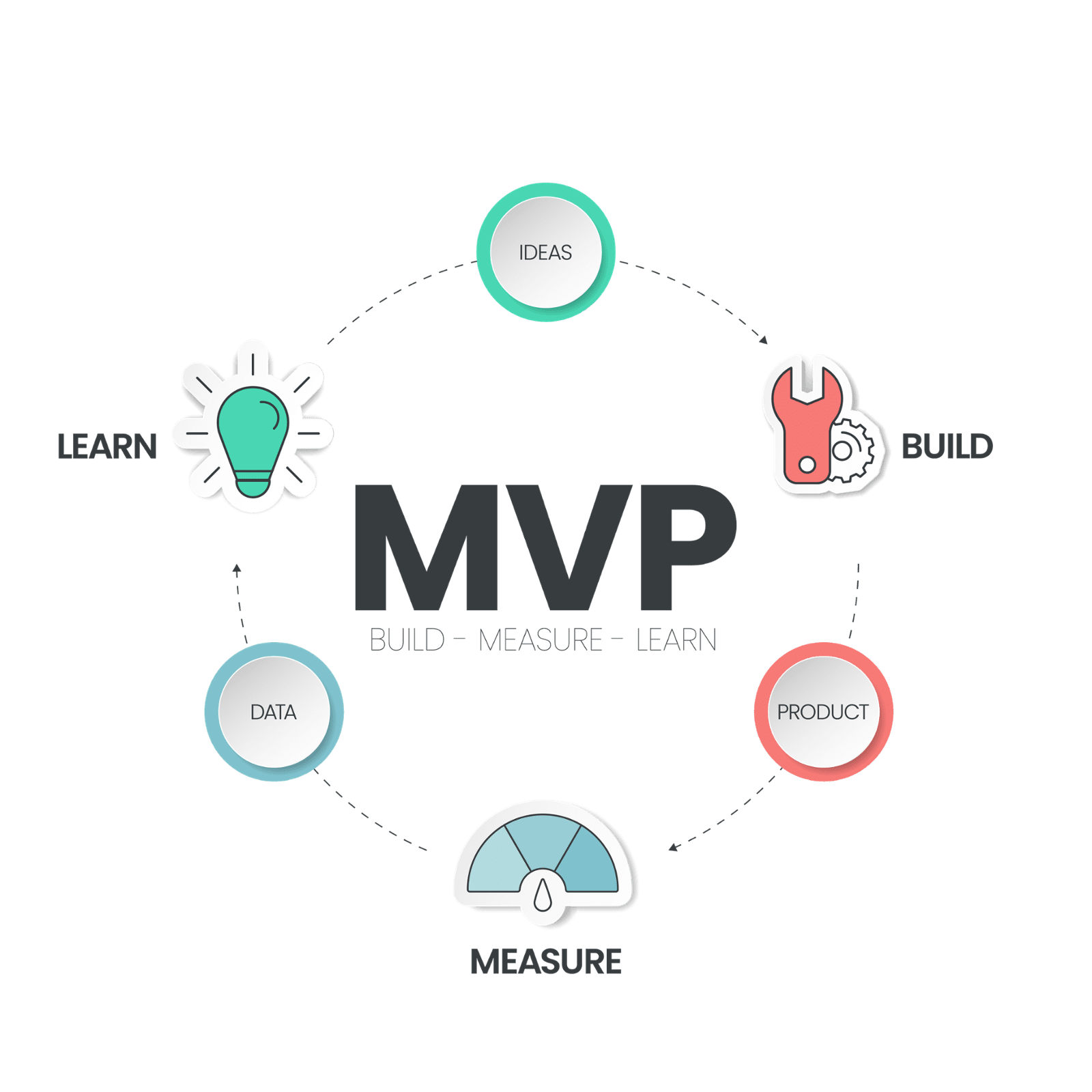
The Beginning with MVP : A Vision for Change
In a digital era where eCommerce platforms are as diverse as the products they sell, a startup dared to dream differently. They aim to create an online marketplace dedicated to eco-friendly and sustainable products. And this wasn’t just about Business; it was about positively impacting the environment. But how do you start such an ambitious venture? The answer lies in the concept of an MVP.
What does MVP stand for in Tech?
In the tech industry, "MVP" stands for "Minimum Viable Product."
What is MVP software?
An MVP, or Minimum Viable Product, in the context of software development, is a foundational concept that focuses on creating a product with the minimum set of features needed to satisfy early adopters and validate a product idea in the market. This approach is particularly prevalent in the tech and startup sectors, where the goal is often to introduce a new product or service to the market as efficiently as possible.
The philosophy behind an MVP is rooted in lean startup methodology, emphasizing the importance of learning, adapting, and iterating based on real-time customer feedback. Instead of investing extensive resources into building a fully-featured product from the outset, developers create an MVP with just enough functionality to be functional and valuable to early users. This strategy allows companies to test their hypotheses about market needs and preferences without the risk and cost associated with developing a complete product. The owner then uses the feedback from the MVP's early users to refine and improve the product in subsequent versions.
Creating an MVP offers several advantages. It accelerates the time to market, allowing businesses to establish a presence and learn from customer interactions sooner. This approach also helps in resource management, as it requires a smaller initial investment in terms of time and money. Additionally, it minimizes risks; since the product is developed iteratively based on actual user feedback, there's a higher chance that the final product will meet the market's needs. For startups and tech companies, an MVP is a practical approach to validating their product ideas, adapting to the market's demands, and growing their product in alignment with customer needs and expectations.
The MVP Approach: Starting Small, Thinking Big
The startup embraced the MVP model - a strategy to build a basic product version of the product with enough features to attract early adopters and validate the concept. They launched a simple, user-friendly website showcasing a curated selection of eco-friendly goods, a straightforward search function, and a secure checkout system. This cost-effective approach minimized risk, allowing the team to test their idea without a massive initial investment.
Learning and Growing: Customer Feedback as a Compass
Once live, the MVP served as a litmus test. Customer feedback became the guiding light. Positive responses indicated a market demand for eco-friendly products, while constructive criticism highlighted areas for improvement. This real-time feedback was invaluable, helping the startup refine the offerings and user experience with each iteration.
Scaling Up: Evolving with Customer Needs
Gradually, based on customer insights, the platform evolved. The startup introduced new features like product reviews, personalized recommendations, and advanced search capabilities. This step-by-step enhancement ensured the platform functioned efficiently and resonated with customers' needs and wants.
Advantages of using a MVP (Minimum Viable Product)
1. Risk Reduction :
An MVP allows businesses to test their product concept with minimal investment, reducing financial and operational risks. If the concept doesn't resonate with the target audience, the company can pivot or make adjustments without having incurred significant losses.
2. Customer Feedback :
Launching an MVP provides immediate, real-world feedback from early users. This feedback is invaluable for understanding customer needs and preferences, allowing for more informed and user-focused product development.
3. Faster Time to Market :
- Developing an MVP requires less time than a full-featured product. This quicker development cycle enables businesses to introduce their product to the market sooner, learn from user interactions early, and stay ahead of the competition.
4. Focus on Core Features :
An MVP approach encourages businesses to concentrate on their product's core functionalities. This approach ensures that a product's most crucial aspects are built and tested first, leading to a stronger foundation for future expansions and improvements.
5. Resources Efficiency :
Businesses can allocate their resources more efficiently by starting with an MVP. They refrain from overcommitting funds, ties, and personnel to features that might not be necessary or needed by their target market, leading to a more sustainable and adaptable development process.
The Ideal Partner for your MVP App Development Journey: Muse mBaaS
Muse mBaaS (Mobile Backend as a Service) is a perfect partner for startups embarking on their MVP journey. Muse mBaaS simplifies backend development, allowing you to focus on what matters most – your product and your customers. Muse mBaaS offers a scalable, secure, and efficient backend solution that grows with your platform. It's ideal for startups like our eco-friendly eCommerce platform, where resources are precious, and time-to-market is crucial.
Muse mBaaS offers two solutions: Business mBaaS and eCommerce mBaaS, each tailored to meet specific needs. The eCommerce mBaaS is a match made in heaven for an eco-friendly eCommerce startup. It provides robust, ready-to-use eCommerce features like product catalog management, payment gateway integration, and order tracking, which are crucial for an MVP.

Conclusion:
The journey of a startup from a basic MVP to a full-fledged, market-tested eCommerce platform is a testament to the power of starting small, listening to customers, and evolving with time. For millions of businesses, partnering with Muse mBaaS proved a wise decision, allowing the team to scale their App efficiently as their eCommerce startup grew without diverting focus from their core mission.
This story is more than just a successful business venture; it's a narrative of innovation, sustainability, and customer-focused development. It shows that with the right approach and along with the right platform like Muse mBaaS, even the loftiest of dreams can become a reality. This tale is a beacon of inspiration and a blueprint for success for startups looking to make their mark in the eCommerce world.
No Credit Card Required
















